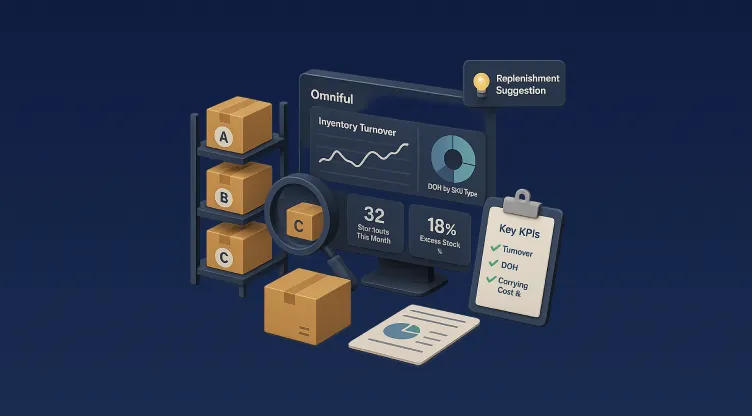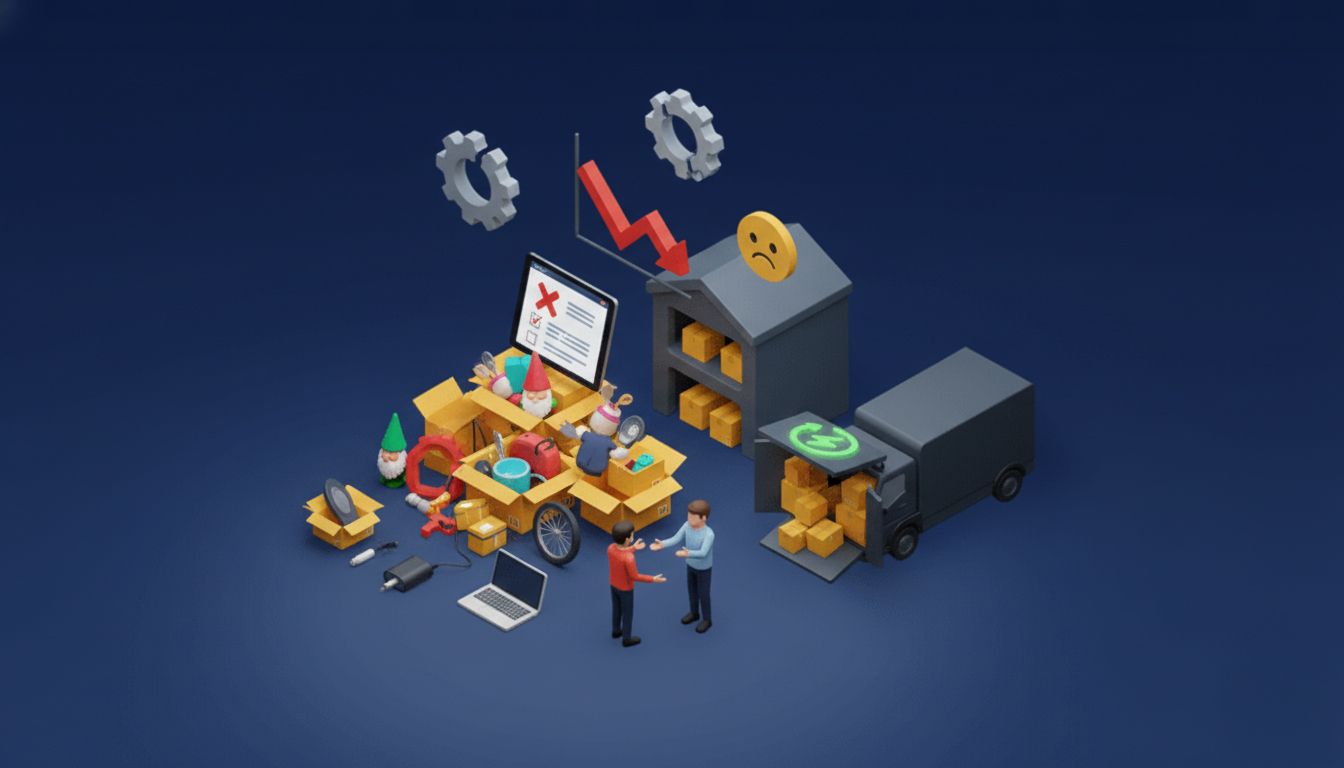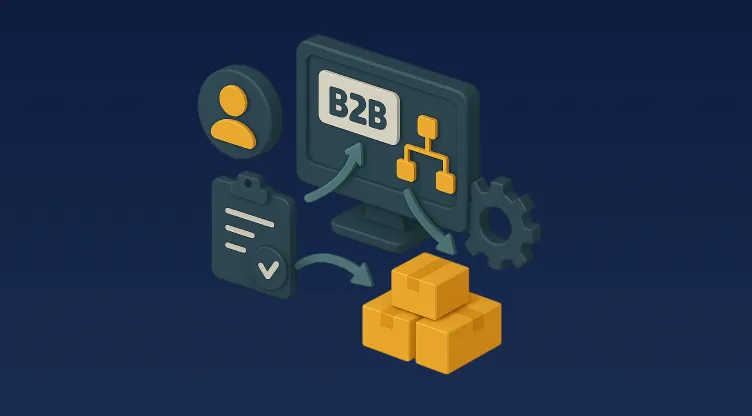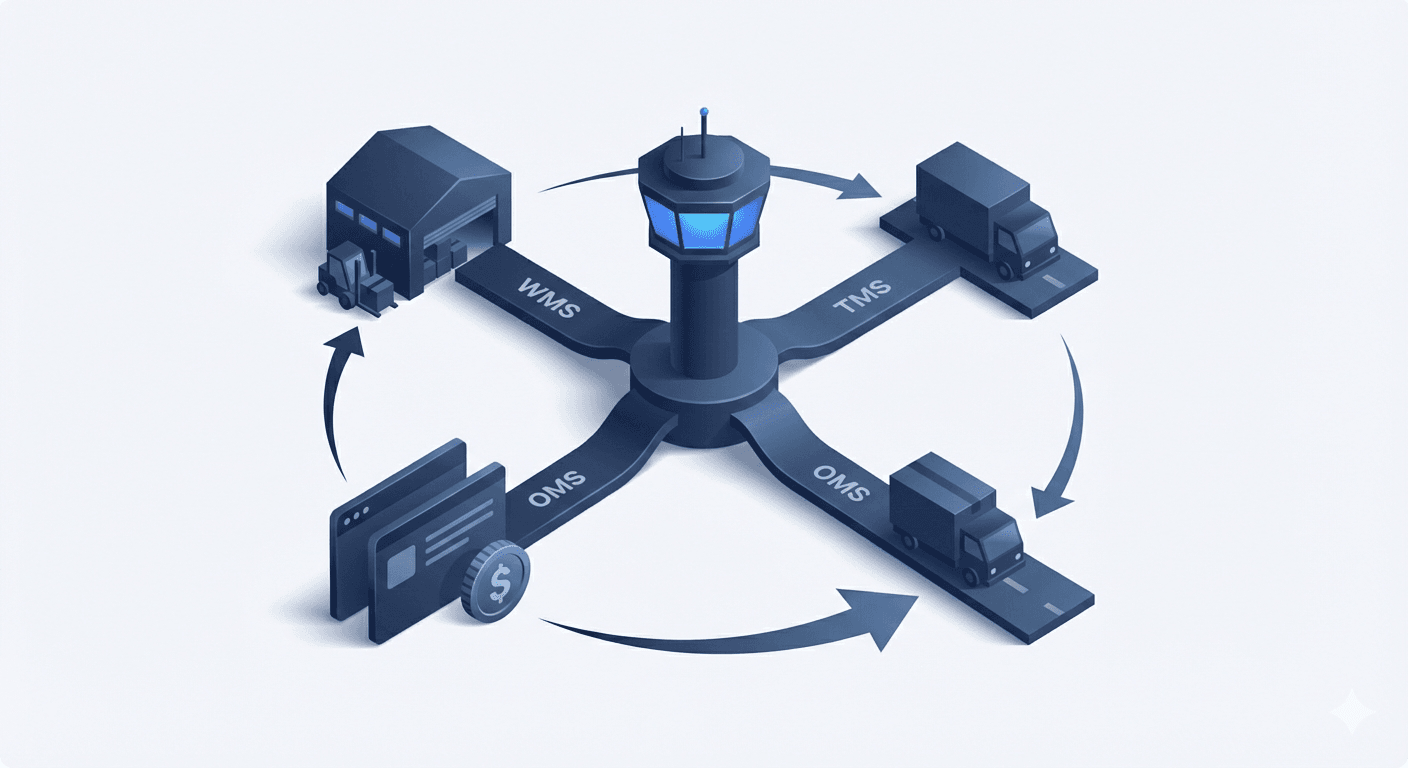Enterprise Returns Management: How Finance, Legal and CX Can Streamline Reverse Logistics

Table of Contents
Snapshot of Smart Returns Strategy
- A returns process must link finance, legal, and CX teams
- Reverse logistics improves customer trust and brand reputation
- Legal handles return policies and data privacy regulations
- Finance manages refund costs, chargebacks, and return write-offs
- CX delivers seamless, transparent return experiences
- Systems like Returns Management enhance return workflows
- Integrate OMS, WMS, and TMS for full returns visibility
Why Returns Matter in Modern Supply Chains
Returns are no longer a back-office issue. For customers, they are part of the shopping experience. In MENA’s fast-growing eCommerce landscape, easy and quick returns are expected. If a return is complex or slow, the customer may never return.
Across the UAE, Saudi Arabia, and other regional markets, retail is becoming digital-first. That change requires an overhaul in how returns are managed. And that starts with cross-department collaboration.
A siloed approach creates confusion. Refunds take too long. Policies aren’t clear. Inventory goes missing. Worse, customers leave.
The Growing Role of Reverse Logistics in MENA
Reverse logistics refers to the full journey of a returned product. It begins when the customer initiates the return and ends when the business processes the item—either by restocking, recycling, or discarding it.
In the MENA region, high return rates are common in fashion and electronics. Shoppers expect flexible return options, whether they buy online or in-store. That puts pressure on logistics, inventory, and finance teams.
Solutions like Omniful’s Returns Management offer end-to-end automation, reducing manual work and errors. They also improve coordination between internal departments.
Finance: Protecting Margins Through Smart Refund Control
Returns affect profitability. Every refunded order eats into margins. But not every return needs to be a loss. The finance team plays a vital role in:
- Tracking the cost of returns by product or channel
- Managing refunds, credits, and restocking fees
- Identifying products with high return frequency
- Handling chargebacks and payment reconciliations
With real-time insights from Inventory Management, finance can decide whether a return should be resold, repaired, or written off.
A connected system ensures faster decision-making and lower costs. Finance leaders can set rules to automate refund approvals or flag high-risk cases.
Legal: Creating Clear, Compliant Return Policies
Returns are governed by local laws. These laws vary across the GCC and North Africa. A single mistake in return policy wording could lead to legal issues.
The legal team ensures:
- Return terms are legally compliant
- Return time limits and refund methods meet regional laws
- Customer data shared during returns is protected
- Vendor agreements cover return handling and accountability
Using Omniful’s API-integrated Returns Management system, legal policies can be embedded directly into the return flow.
For example, Saudi law may require refunds within seven days. UAE laws might allow exchange instead. The return system ensures every transaction aligns with those policies automatically.
CX: Turning a Pain Point into a Loyalty Opportunity
A return is a second chance to impress the customer. Done right, it increases the chance of a future sale. Done poorly, it ends the relationship.
Customer Experience (CX) teams should lead the return process with:
- Transparent return policies
- Easy initiation via online portals or apps
- Instant status updates via SMS or email
- Feedback collection after return completion
Integration with Point of Sale and Shipping Gateway enables smoother, faster interactions—whether the return is in-store or online.
Omniful allows customers to start a return online, drop off in-store, or request pickup. That kind of flexibility builds brand loyalty and trust.
Combining Forces: Finance, Legal, CX Must Work Together
Returns management only works when all three teams collaborate. Here’s how roles align:
| Department | Role in Returns | Tools Needed |
|---|---|---|
| Finance | Refunds, credits, cost recovery | ERP, Inventory Management |
| Legal | Compliance, policy enforcement, privacy | CMS, Compliance Dashboards |
| CX | Customer comms, self-service, feedback | CRM, POS, Returns APIs |
In some companies, misalignment creates friction. For example, finance may reject refunds that CX promised. Or legal might enforce rules that weren’t explained in emails. A unified returns platform removes these disconnects.
How Omniful Enables Smarter Returns
Omniful’s Returns Management connects all departments in one ecosystem. The platform supports:
- Buy Online, Return In Store (BORIS)
- Reverse logistics with real-time tracking
- Grading and inspection at the warehouse
- Refund automation based on business rules
- Seamless API connections to ERP and eCommerce
It also plugs directly into Order Management, Warehouse Management, and Transportation Management, giving end-to-end visibility.
Case Study: How Laverne Improved Returns With Omniful
Laverne, a D2C group in Saudi Arabia, once faced high costs and long return delays. Using third-party logistics created inconsistencies in grading and refund speed.
They switched to in-house fulfilment with Omniful. The results:
- Returns processed in under 24 hours
- Grading errors reduced by 85%
- Return-related complaints dropped by 70%
- Repeat purchases increased by 30% within two months
This was only possible because their CX, legal, and finance teams all used the same data and tools.
The Role of Technology in Return Success
Tech alone doesn’t solve return challenges. But it empowers people to make better decisions.
Essential features for modern returns:
- Condition-based automation (e.g. no refund on worn items)
- Real-time syncing with Plug and Play Integrations
- Smart tagging of items with barcode and location
- Reporting on return reasons, timing, cost, and customer impact
These insights let teams see the bigger picture. For example, if certain SKUs are returned more, marketing or product teams can investigate.
Future of Returns in MENA: Smart, Fast, Unified
MENA’s eCommerce market will double in size by 2026. With more orders come more returns. Companies that manage returns well will lead in:
- Customer loyalty
- Operational efficiency
- Cost savings
- Regulatory compliance
Returns must become a strategic function. That means putting legal, finance, and CX at the same table—and giving them one shared system.
Omniful’s AI-driven approach helps MENA businesses turn returns into a competitive edge.
FAQs
What is reverse logistics in retail?
It’s the process of moving returned goods back from customer to seller.
Why do legal teams need to manage returns?
To ensure policies follow laws and customer data stays protected.
How does Omniful support enterprise returns?
It automates refunds, tracks return status, and connects with all business systems.
Can finance reduce return losses?
Yes, by setting rules on refund types and tracking high-return products.
Does a smooth return improve customer loyalty?
Absolutely. Easy returns are often why customers return for more purchases.
Final Thought: Returns Aren’t Just Operational—They’re Strategic
Returns touch every department in your business. Treating them as a team effort creates faster processes, happier customers, and fewer losses. In MENA’s fast-moving digital space, unified returns management isn’t a luxury. It’s a necessity.























